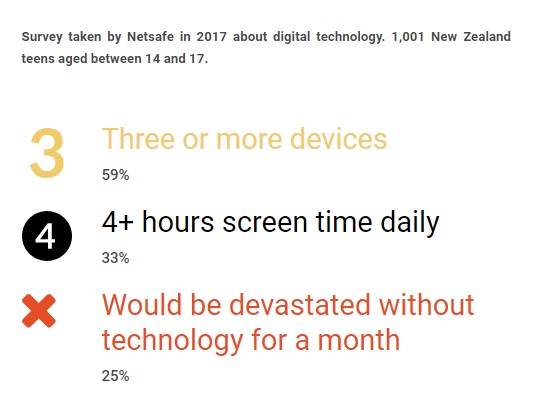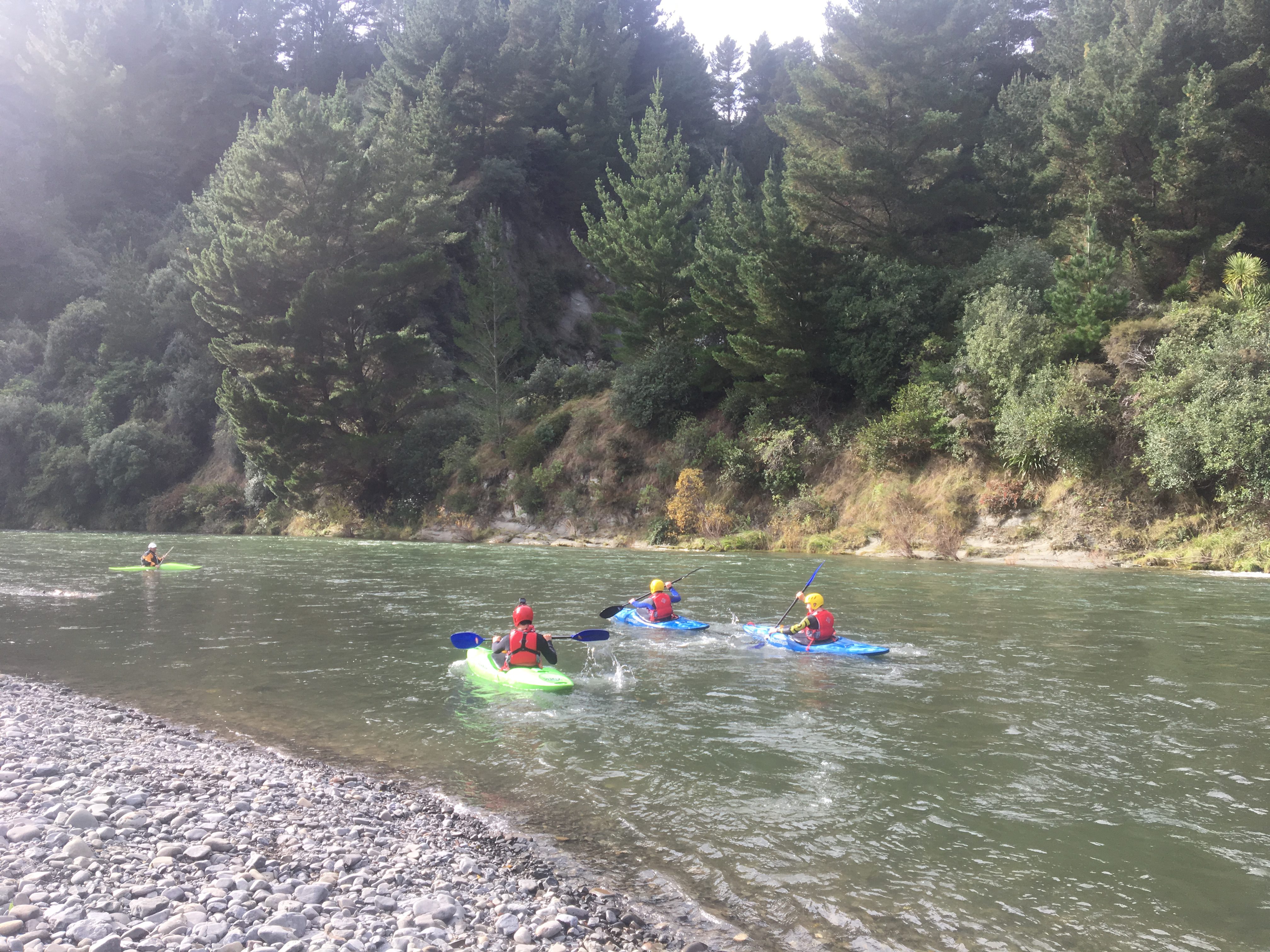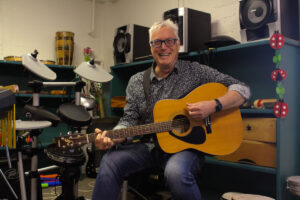Outdoor activity recognised as important for kids
Slipping down a mudslide. Scaling a tree. Sizzling sausages on a campfire. Sound familiar?
Slipping down a mudslide. Scaling a tree. Sizzling sausages on a campfire. All these activities may bring back fond recollections from childhood days.
But they may soon exist only in the memories of older generations unless programmes aimed at getting children outdoors gain more traction. .
Associate Professor Scott Duncan, from the School of Sport and Recreation at AUT, says fewer children go outside to play and adventure.
Instead they’re inside the house, glued to their phones and consoles.

“Children also need to be given the ‘privilege’ of being bored, as boredom breeds creativity. Technology sometimes prevents this,” Duncan says.
Almost all Kiwi kids spend more than two hours a day staring at a screen. Recent Ministry of Health statistics suggest boys spend slightly more time in front of a computer than girls the same age.
More than 80 per cent of children aged five to nine spent two or more hours a day looking at screens.
For children aged 10 to 14, the percentage crept up to about 90 per cent.

Dr Naomi Pocock is responsible for bringing the Conscious Kids Outdoor Revolution programme to Hamilton. She has three children of her own and started the programme to bring more outdoor opportunities Waikato kids.
“The kids loved making their own decisions, they were amazingly responsible about risk assessment,” she says.
Although staff were present, children assessed the risks of an activity themselves before getting involved in it.
“Feeling safe is imperative to learning, developing and exploring,” Pocock says.
“Letting children make their own decisions around risk-taking helps them to be curious and wonder in their own time.”
Based at the Hardy Centre by the Hamilton Gardens, the programme is for five to twelve-year olds. Phones, iPods and other devices are not permitted.
Whatawhata School teacher Amy Lake sent her son along for three days of the programme. It was his first time going to a holiday activity and she wanted to take him somewhere that he could do the things he enjoys doing at home.
“There was a lot of washing and mud,” Lake says.
“My son came home with tales of catching an eel.”
St. Paul’s Collegiate School also runs an outdoor programme aimed at getting its students outdoors.
Every year, the Year 10 boys go down to Tihoi Venture School in the King Country. There, they spend 18 weeks learning how to live in the bush.
The venture school, 50 kilometres away from Taupō, opened 39 years ago. Once a timber mill, the school has seen thousands of pupils go through its programme.
Dean Fullerton, 20, experienced Tihoi in 2012. He really enjoyed it as sports and outdoor activities have always been his forte.
“There were definitely times when you thought stuff this, but when I look back now the whole thing was good. I wouldn’t change it,” he said.
“I reckon it’s one of the best things you can do because no other schools do anything like it.”
No phones were allowed for the duration of the stay. Although they didn’t feel like they were missing out, because nobody else had access to their phones either.
Fullerton recalls when they did the 44-hour solo. They went out into the bush and had to fend for themselves.
“It rained for two days straight and we were by ourselves living in a bivouac,” he said.
Every day they would always be doing some form of physical activity.
“You couldn’t just go on the computer and roam Facebook for an hour.”

Associate Professor Duncan believes that technology offers many benefits for children.
“But it has to be moderated to make sure they still experience plenty of unstructured, outdoor, child-led play opportunities.”




